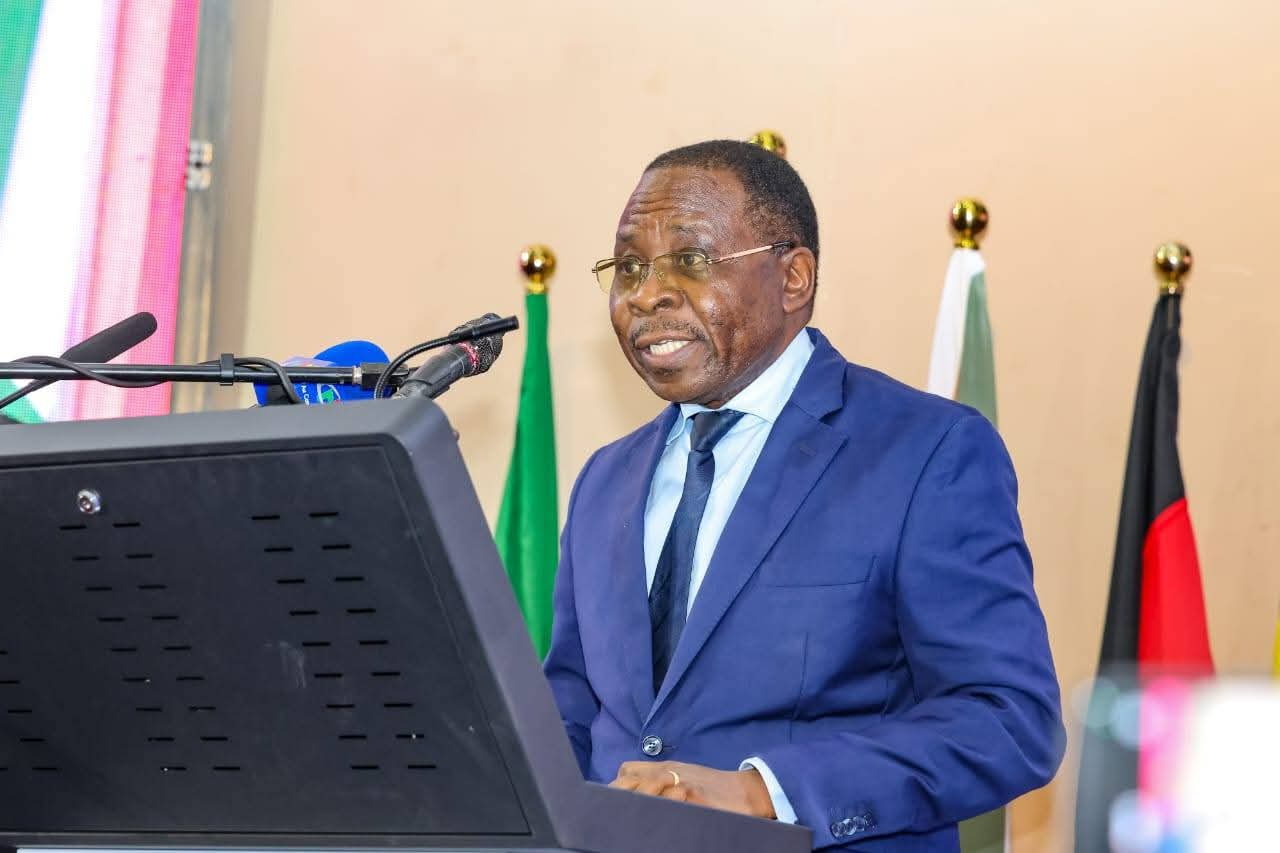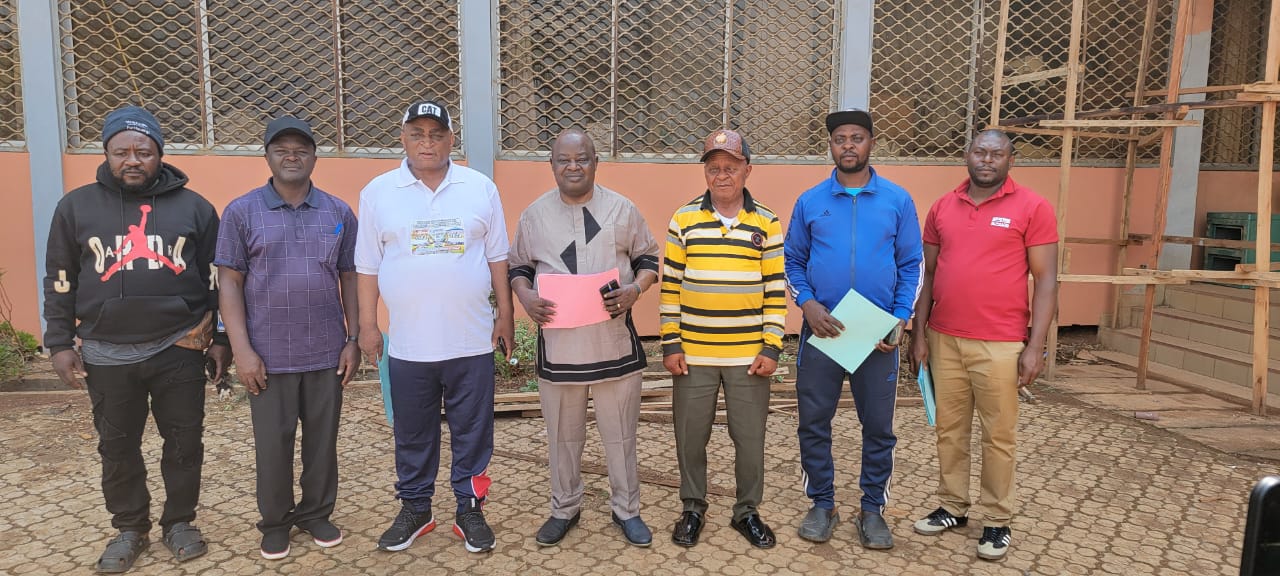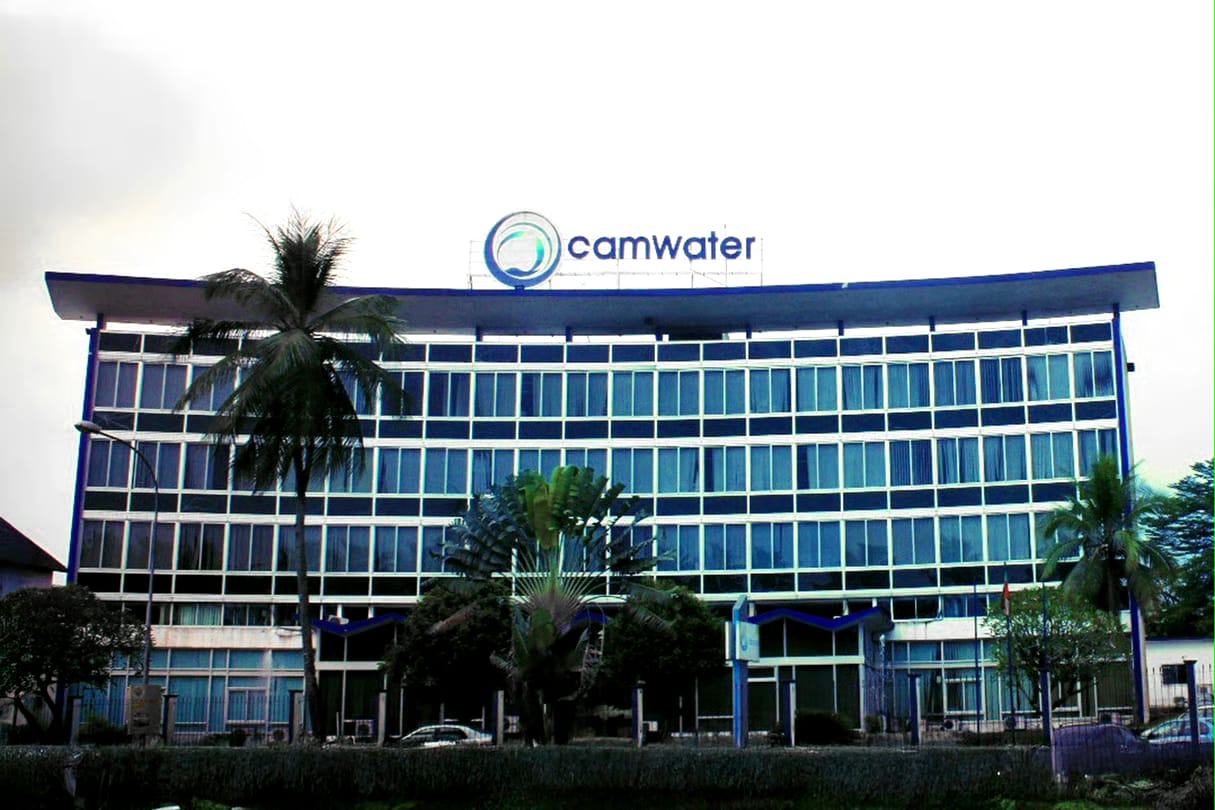On section 1, the rate of completion of the works carried out amounted to 31% as of 9 January this year.
The shortage of diesel continues to have an impact on the overall production of the company, which has however improved its performance according to the Ministry of Public Works.
“In detail, the cleaning and clearing work has been completed on the 17 km, the subgrade has been completed on the entire length of the project; the sub-base has been laid on 8.550 km; the single layer has been laid on 7 km. The bitumen laying work has been completed on 7 km, as has the impregnation work,” Minister of Public works said.
The Babadjou-Matazem section is the gateway to the Babadjou-Bamenda road. It is 17 km long and the overall progress rate has reached about 31%, with a discounted cash flow of 4% for a time consumption rate of 55%. “The company’s overall objective is to make up for lost time by increasing production, despite the shortage of diesel fuel.
Emmanuel Nganou Djoumessi, on 30 November 2022 before the members of the Finance Committee of the National Assembly of Cameroon announced the end of the works in 2023.
Indeed, many contingencies have slowed down the progress of work in recent months, including the ongoing crisis in the North West and South West regions. This situation has made traffic impassable during the rainy season. In the dry season, the dust drains its share of diseases to the great displeasure of users.
For the record, the rehabilitation project of the Babadjou-Bamenda road is financed by the World Bank to the tune of 110 billion CFA francs. The project whose work was launched on Tuesday, May 16, 2017.




